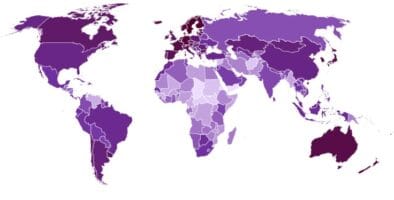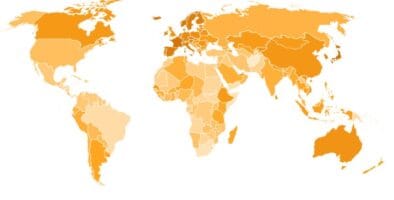The Global Sustainable Competitiveness Index 2022
11th edition
The Global Sustainable Competitiveness Index (GSCI) measures national development and green growth since 2012. the GSCI is based on 189 quantitative indicators derived from renowned international organisations to present a comprehensive view of a nation’s potential. The Indicators are grouped into the six pillars of a nation-economy:
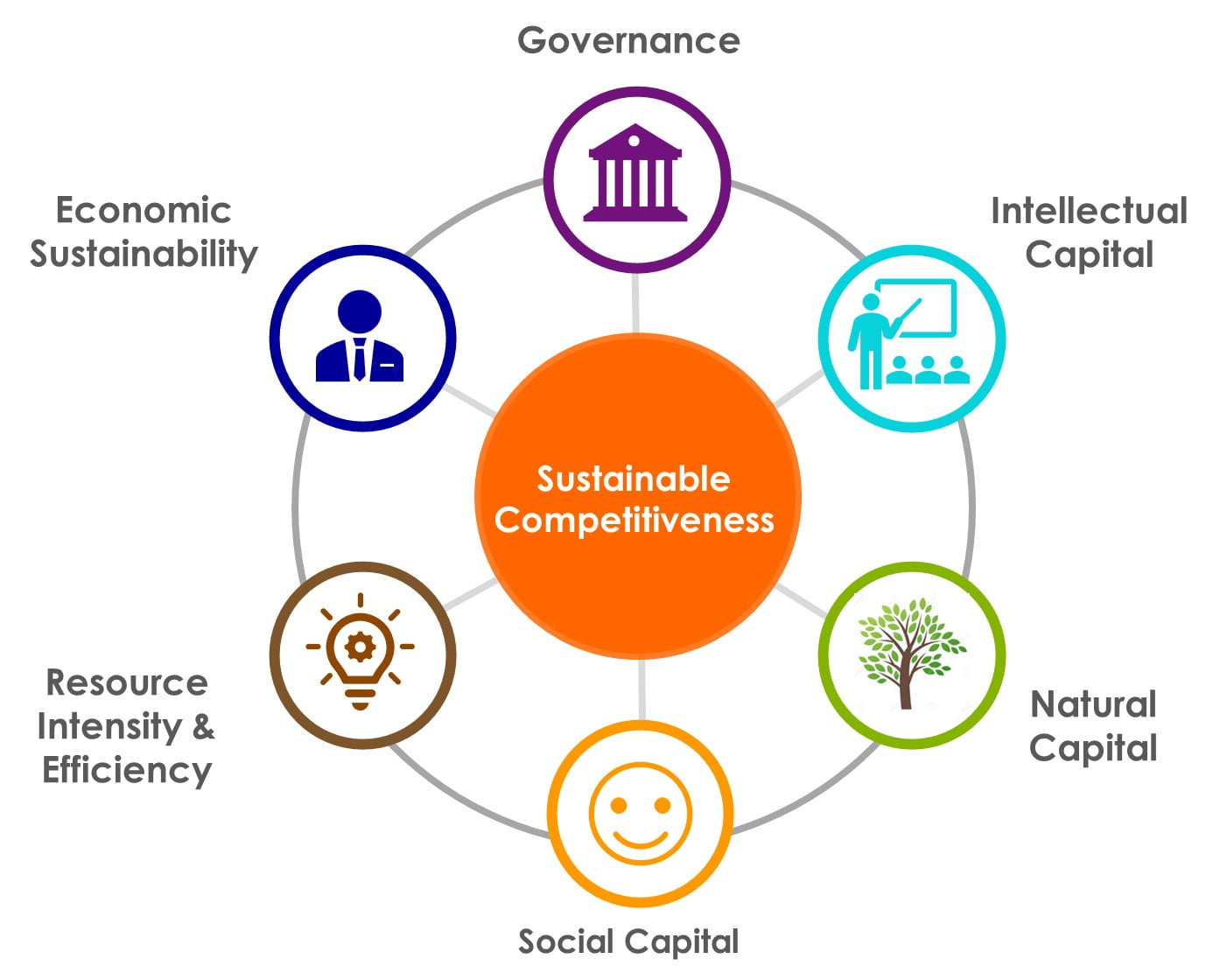
Natural Capital Index
The given natural environment
Resource Efficiency Index
Resource usage per capita and per economic output
Social Capital Index
Social cohesion, health, freedom, security, equality
Intellectual Capital & Innovation Index
Education and innovation indicators
Economic & Business Sustainability
Busines frameworks and business sustainability indicators
Governance Performance Index
Infrastructure, resource allocation, corruption, business and fiscal considerations
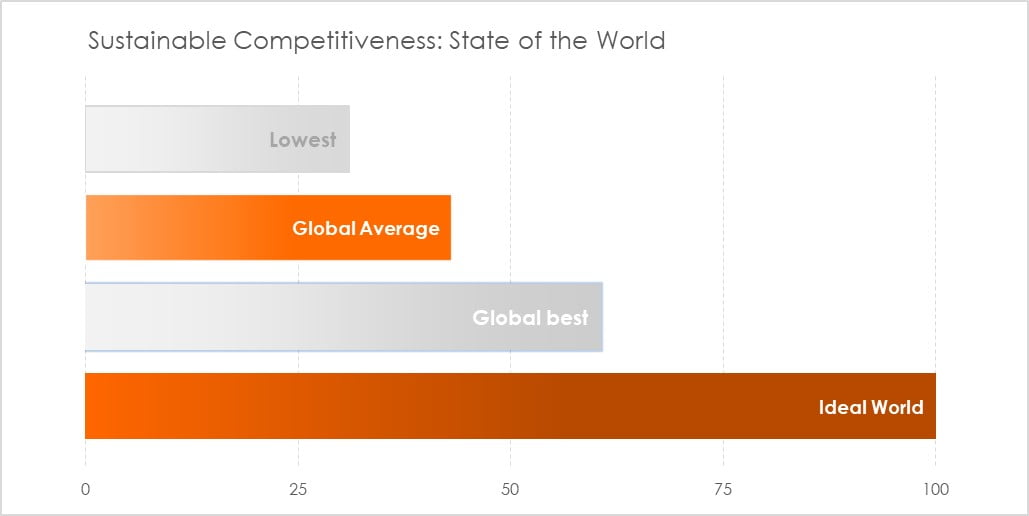
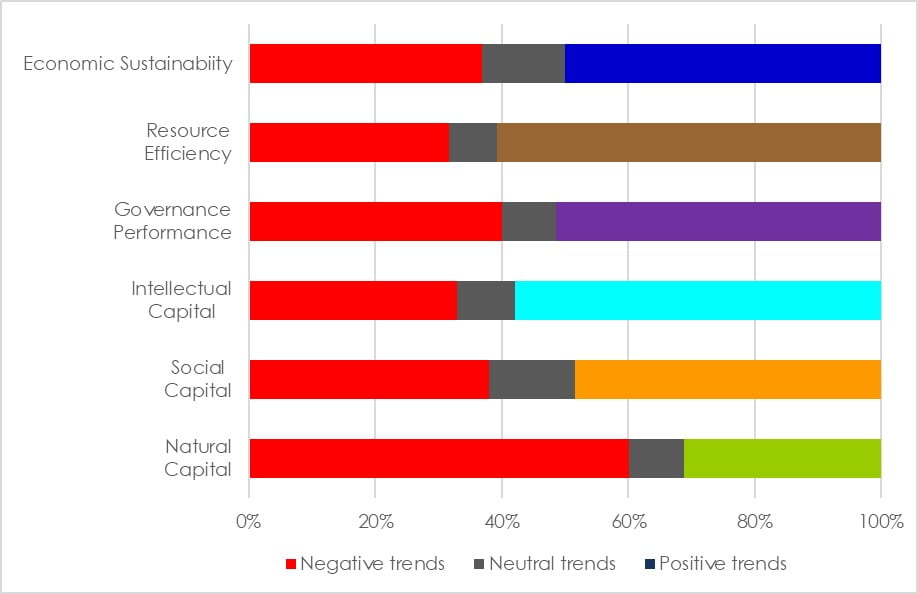
The highest sustainable competitiveness score achieved in 2022 is 60.7, the global average Sustainable Competitiveness is 44.1: we are still far from a truly sustainable & competitive World.
A small majority of 53% of developments world-wide show positive trends, indicating that we can expect small, positive improvements in the future. However, 60% of the trends in Natural Capital are deteriorating: unfortunately, we have to expect a further decline in the natural environment.
The Sustainable Competitiveness World Map
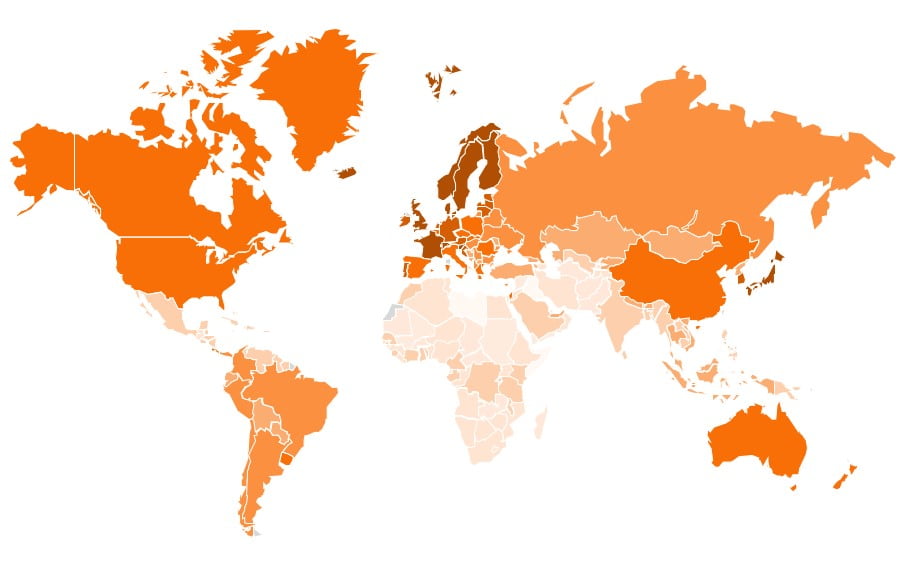
Take-Aways from the Global Sustainable Competitiveness Index 2022:
- The 5 Sandinavian Nations – Sweden, Finland, Denmark, Norway and Icland – keep dominating the GSCI; only Switzerland on 3rd comes in between.
- Only two countries in the Top 20 are not European: – Japan on 10, and South Korea (14). New Zealand follows on 26.
- The USA is ranked 30, achieving a good performance in Intellectual Capital, but scoring low in Resource Efficiency and Social Capital – potentially further undermining the global status of the US in the future
- China is ranked 31 – very strong in Intellectual Capital, but low on Natural Capital and scoring below average in Resource Intensity/Efficiency
- the UK ranks 7, France 8, Germany 16
- Brazil is 46th, India 120, and Nigeria 126.
- Some of the least developed nations have a considerable higher GSCI ranking than their GDP would suggest (e.g. Nepal, Bhutan, Bolivia, Suriname, …)
- Asian nations (South Korea, Japan, and China) lead the Intellectual Capital Index – the basis of innovation. However, achieving sustained prosperity is potentially compromised by Natural Capital constraints and increasing resource consumption.
- The Social Capital Index ranking is topped by Northern European (Scandinavian) countries, the result of economic growth combined with a widely accepted social consensus.
Read more, or download the Global Sustainable Competitiveness Report 2022
Individual Country Reports
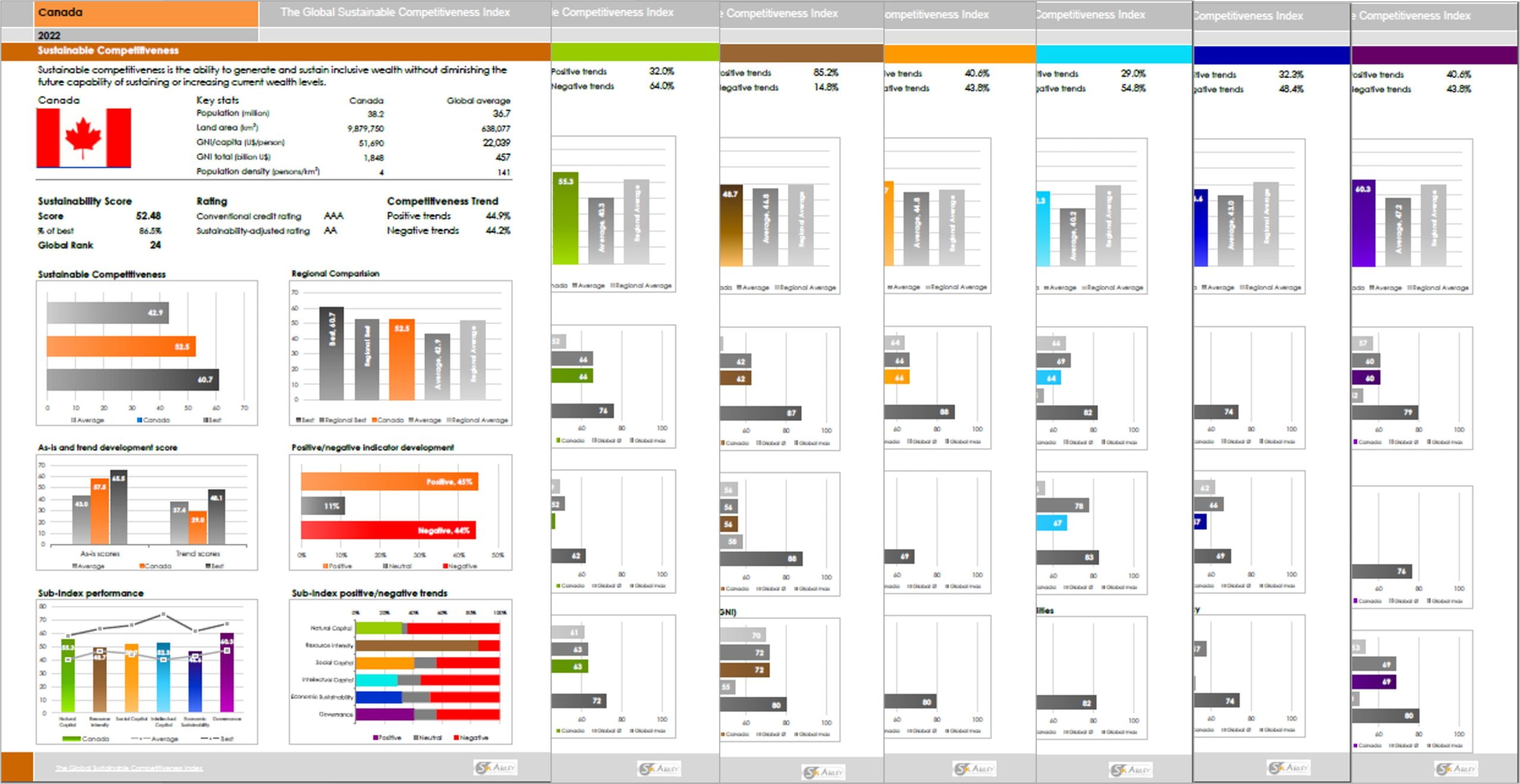
Individual reports for more than 180 countries are available on the downloade page.

